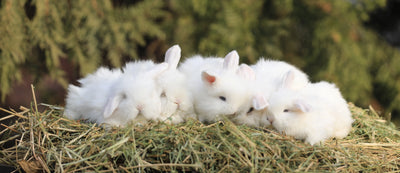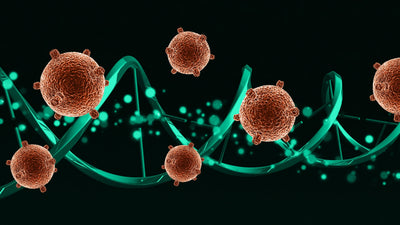For generations, doctors have recommended cotton as one of the most gentle fabrics for sensitive skin. Unlike conventional diapers made mostly from plastic, Cottonsie® diapers are crafted with natural cotton fibers—a time-tested, skin-friendly material known for its comfort and softness. Cotton’s natural breathability allows air to circulate freely, helping maintain a dry, balanced environment that protects your baby’s skin from irritation and diaper rash.
While Cottonsie® diapers include synthetic materials for performance, the surfaces that touch your baby’s skin are primarily made from soft, natural cotton.
Reusable cloth diapers often trap moisture, require frequent washing, and can be difficult to manage. Cottonsie® offers the perfect balance of convenience and care—the ease of a disposable diaper with the natural breathability and softness of pure cotton.
Try new Cottonsie® diapers today!















